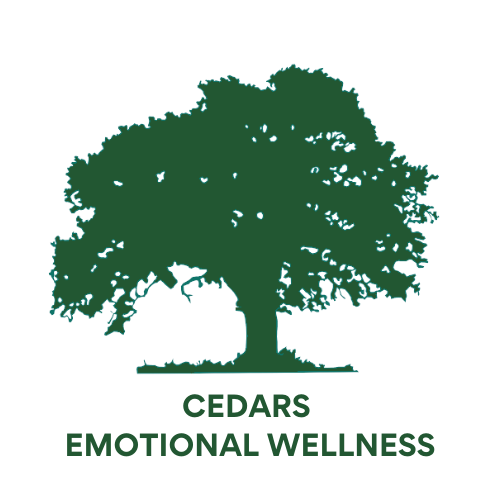These talks have been curated to help people in two ways. One, build emotional resilience to cope with stress, anxiety, and fear. Two, build stronger communicating and inter-personal relating skills to counter problems, both at home and at work, that relate to break-down of communications, tension, frustration, and conflicts
Concepts broadly apply the psychology of human behavior and more specifically, share the teachings of Choice Theory Reality Therapy which is a platform used for counseling and lead management training to improve self-clarity as well as inter-personal relationships.
These topics are suitable for all ages, demographics, and different job functions. They can be organized as lunchtime talks, or extended into 2-hour workshops which can then combine the topics. Workshops can be planned in line with learning interests and objectives.
As a facilitator, Eunice brings a lot of experience from her extensive corporate training background. Her talks/workshops are interactive and fun with games and role-plays but powered with useful practical take-aways. Since her return to Singapore in 2019, Eunice has given emotional wellness talks to the following companies, through collaborations with strategic partners :
Activate Interactive
YUM Group
Pizza Hut Asia Pacific
Surbana Singapore
SMRT
John Deere
British American Tobacco
Continental
Olam Cocoa
SGX
Marina Bay Sands
The Thailand Convention and Incentive Association

Building Emotional Resilience:
Coping Skills for Change, Challenge and Crisis
Life is about change. Some changes are positive: they bring us joy and a sense of new adventure. Others are less so: these bring us stress, anxiety, and fears. It is at such times that our emotional resilience is put to the test. Emotional resilience is the inner strength and quality of our thoughts and emotions.
With emotional resilience, we can cope better when we are confronted with life’s more difficult changes and challenges. It helps us bounce back more effectively, and it restores calm and balance. Very much like going to the gym to build our physical muscles, strengthening our ‘emotional’ muscles is a skill that we can build. Our total wellness comprises both wellness of the body and the mind. Whilst we pay a lot of attention to our physical health, the same cannot be said about our emotional health. This talk highlights the why and the how of improving our emotional wellness and reinforcing our emotional strength.
Do you hear me? Do I hear you?
Effective Communicating
The Bloodline of Quality Relationships
Today we communicate mostly via our devices, through texts, emails, and posts on social media. Talking face to face is seemingly becoming a thing of the past. Though digital communicating is fast and efficient – we can now connect with anyone anywhere almost instantly – is it the best way for people to communicate? In talking face to face, we interact with people more effectively. Listening helps us understand, and empathise better, which is important to build and sustain quality relationships. Talking and listening effectively also helps relieve stress and anxiety. They also resolve conflicts.
This talk gives an insight into the communicating process and some of the barriers that hinder effective communicating. It also teaches empathetic listening skills to facilitate more quality conversations to improve both personal and workplace interactions.


Can we get along better? Dynamics of Healthy and Happy Relationships
A 75-year study by Harvard University revealed that quality relationships keep us happy and healthy. Relationships give us strength and support as well as a sense of love and belonging. However, relationships are difficult and complex, as we connect with people who have different emotions, values, needs, standards, and expectations. In stressful circumstances and difficult times relationships can become even more fragile and challenging. Broken relationships lead to tension and conflict which then threaten our emotional wellness.
This talk uses the teachings of Choice Theory Reality Therapy. It expounds that the need to control others underlies relationship tension, with disconnecting behaviours such as blame, criticise, judge. Relationships thrive when we release this need to control with nurturing behaviours such as accept, respect, encourage and negotiate.



